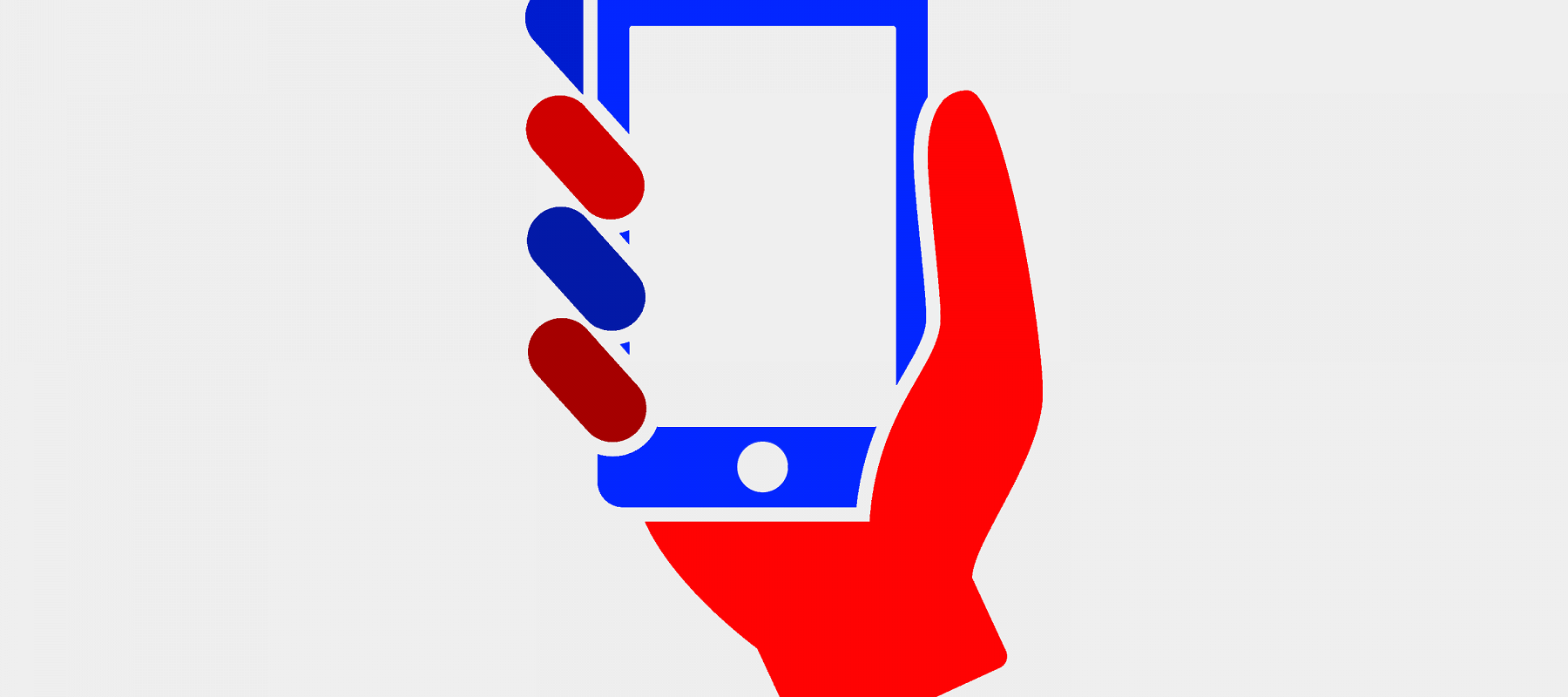Voting on our smartphones may soon be a reality. Voatz is a Boston-based company that combines biometrics with blockchain technology. West Virginia already used its voting services in 2018. Now Denver hopes to build off its success to offer new options. The city will make smartphone ballots available to its approximately 4,000 international voters for the May 2019 election. 80 qualified voters have already signed up.
Smartphone voting has been met with skepticism. However, several issues caused the city to look into the technology. The purpose is to replace the older technology that is currently in use. To meet federal laws, the city has been using a website for its international voters ballot. Since the current system employs email, its has always been considered insecure. A blockchain solution would replace the PDF, web-service/email system currently in place.
Challenges
There are several ongoing concerns over making voting available via smartphones. Breaking the encryption Voatz uses to secure voting files is one possibility. This could result in private votes being made public. Some experts, like Maurice Turner who is a senior technologist at the Center for Democracy & Technology, believe it will happen someday; even if, that day is decades away. Current technology simply cannot guarantee security.
Behind the Blockchain Technology
Included in the debate is that paper is harder to change. It is what Denver has relied upon. Voatz provides the technology for both West Virginia and Denver pilot programs. The company uses facial identification and fingerprinting in its biometric security. Users will need to feature themselves in a 10 second video with a photo ID. Blockchain is used from there to store votes.
Blockchain security entails the use of multiple servers. This allows it to distribute votes and provide a broader security dynamic. It is how innovative blockchains have maintained an incorruptible and permanent ledger. Voatz addresses concerns over perceived lapses in security by incorporating private servers. In this way, Voatz minimizes the risks of an attacker even obtaining a copy of the encrypted votes. This contrasts the public blockchains of Bitcoin and Ethereum.
Primary Benefits
Many voters need an alternative, especially to current options that have pressing security concerns. Moving onto a mobile platform has several advantages. It provides tools and accessibility that is not available using paper. Denver’s Deputy Elections Director Jocelyn Bucaro sites convenience for military and other international voters. It would also alleviate runoff election deadlines. Blockchain does wonders for data management. In this case it can improve the efficiency of counting votes, printing ballots, and reaching international voters.
Final Thoughts
Demand for digital voting is high. Voatz solutions have been well received. While security concerns exists, some experts maintain that blockchain improves upon existing solutions. No technology is absolutely secure, not even keeping votes on paper. If Denver is successful, other Colorado cities may follow. The free service is made possible by funding through Tusk Philanthropies.




